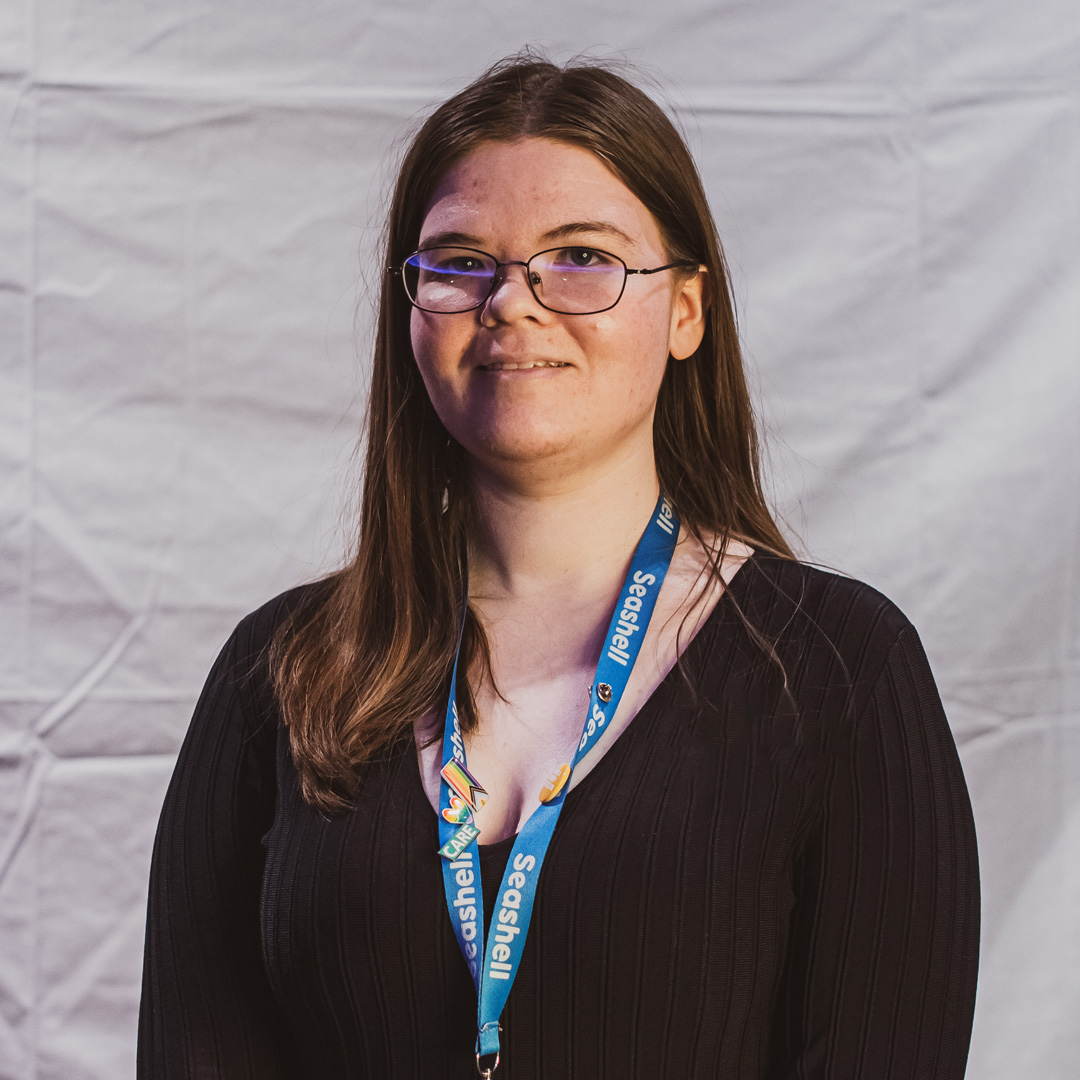My Topol fellowship problem / project:
The problem I am exploring is the lack of staff time to capture, analyse, and report evidence of effective care of adults living in our residential care homes with our current processes and systems for reporting, which involve a combination of Excel spreadsheets, Microsoft SharePoint, some off the shelf systems (Behaviour Watch, Carval) and pen and paper logs. Although we are data rich the information is:
– Difficult and time consuming to access for regulatory partners or internal purposes, and many documents are required to evidence triangulation/tracking of change and impact for the young adults by regulatory inspectors – Over reliant on human intervention to collate and quality assure data which is open to human error
– Replication in data capture, reports, and in internal meetings with the associated risks – too many versions of the truth, data governance compliance, staff contact time impacted because staff are consistently short of time for reporting it can impact the following stakeholders: service users – with so much staff time used as non-contact for recording and reporting, I must backfill contact hours with agency cover. This means my residents are spending more of their time with people who are less familiar and who they may not have time to build a positive relationship with. Poor reporting also makes it harder to identify trends or patterns in health and wellbeing, mood and behaviour that – for my cohort of people with severe and profound learning difficulties and additional communication needs – is one of the most effective ways to express their views and wishes about the care they receive, and to participate as fully as possible in directing their own lives. If we cannot identify these patterns, the quality of care suffers, and the individual is disempowered. Staff – as time is squeezed staff will work longer hours and not prioritise their health, wellbeing, learning and development, and feel pressurized to “cut corners”. This can lead to higher level of absenteeism and staff turnover, which could exacerbate the issues with quality of reporting due to inexperienced staff or higher agency usage – Managers – it is harder to make evidence-based decisions if there is inaccurate, and untimely data. It is also harder to effectively supervise staff without accurate evidence of what they have been doing. I will use this protected time to meet with key stakeholders, plan, design and deliver the digital care management system and design and deliver training to the staff on its use. This will improve the experience of our service users by making information-sharing across multiple settings and with other practitioners easier and less time-consuming, reducing the need to rota high proportion of non-contact time so staff can spend most of their hours with the service user. This will enable better partnership working with health care providers and allied health professionals. Because my client group all have severe or profound learning disabilities and additional communication and sensory needs, the use of timely data capture can be one of the most effective tools for our service users’ views, aspirations and wishes as to how they are cared for to be expressed. I see the improvement of reporting and monitoring mechanisms around the individual as pivotal to returning the locus of control to the service user, enabling them to direct the planning and delivery of their care as much as possible.
About me
I am a Quality Improvement Officer within the Care team at Seashell Trust. Within my role, I support the care services to embed high-quality, evidence-based practice that centres the experience and decision-making rights of the service user.
My current practice is informed by the time I have spent working hands-on as a residential support worker in both children’s homes and adult residential care services. I work alongside the registered managers of Seashell’s adult care services, a children’s home and a short breaks service and have developed quality assurance tools and associated processes so that the quality of care can be monitored for each individual resident, each house (17 in total) and each service as a whole, enabling registered managers to make evidence-based decisions in performance discussions within their teams, inform skill analysis and create development plans for the service.
I have worked with health and care services to develop integrated medication error reporting process. Through trend analysis, the health team have been able to develop targeted training interventions and show the impact of these interventions by reducing the frequency of particular errors and the targeted type of error. I also supported in the development of a monitoring tool tracking the level of engagement for young people with complex needs, matching sensory regulating activities to patterns of under- or over-stimulation.
Before my career in care, I worked in marketing and communications which included the coordination of digital solutions for national SEND and multisensory impairment conferences. I disseminated research and training online for family members and professionals working in education, care and health roles supporting people with SEND.

